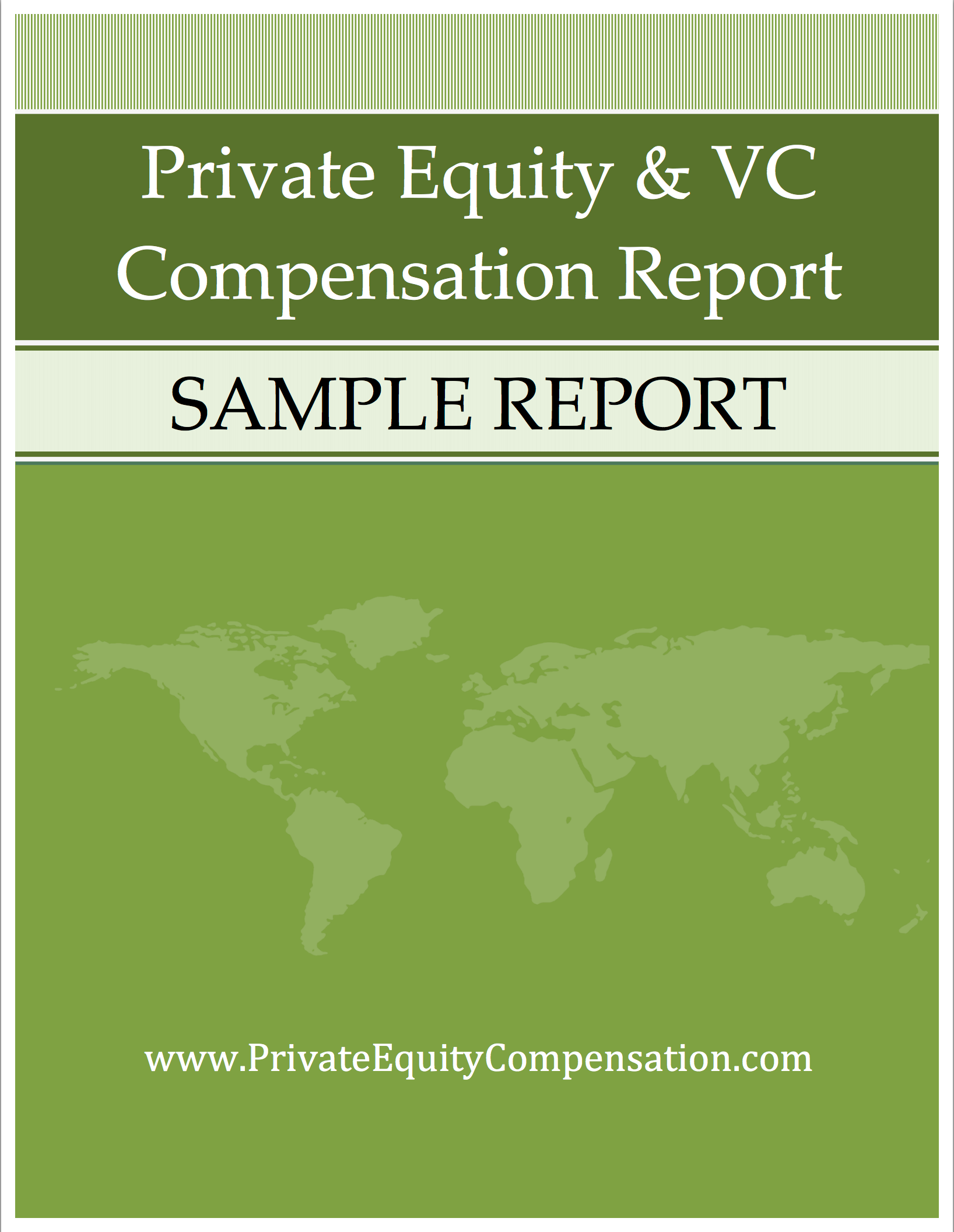There is generally no illusion among those entering the financial industry that most jobs will require incumbents to put in long hours, with little in terms of initial vacation allocations. This has been a fundamental reality of all segments of the industry for over a century and has changed very little even as other industries have progressed to focus more on work-life balance.
Our survey results are consistent with this understanding, showing that the majority of employees in private equity and venture capital firms work over 60 hours per week. This is little changed from prior years. There has also been little change at the lower end of the spectrum when it comes to hours worked. Only 10 percent of employees work fewer than 50 hours per week and an even smaller 2 percent of employees work less than the standard 40 hour work week. These results reflect upon an industry that has changed very little when it comes to flexible employment arrangements, due to both culture and job performance realities.
Further, our results show that firms reward those that burn the midnight oil, with a strong correlation between hours worked and total compensation. Those working more than 90 hours a week on a regular basis earned on average over one million dollars per year, while their peers that pushed 80 to 90 hours per week came in just over half a million dollars per year on average. On the opposite end of the scale, those working a standard 40 to 49 hour work week earned $246,000 per year on average while those working a very progressive less than 40 hours per week earned only $167,000 on average. This clear correlation between hours worked and compensation relates both to the time demands of senior private equity and venture capital positions as well as a strong linkage within company cultures between hard work and high pay.
Whether the private equity and venture capital industries will see a shift to more progressive working arrangements in the future remains to be seen, but there is little indication that any shift is underway. Many employers outside of the financial space are beginning to see that a stable work-life balance creates healthier employees (both mentally and physically) and drives higher productivity per hour worked. The flip side of course is that more employees are required to accomplish the same number of tasks if average hours are slashed in half, even with productivity gains, and this is something many cash strapped firms try to avoid. For those considering a transition to this industry, they should be aware that long hours will be required in order to reach top paying positions for the foreseeable future.

